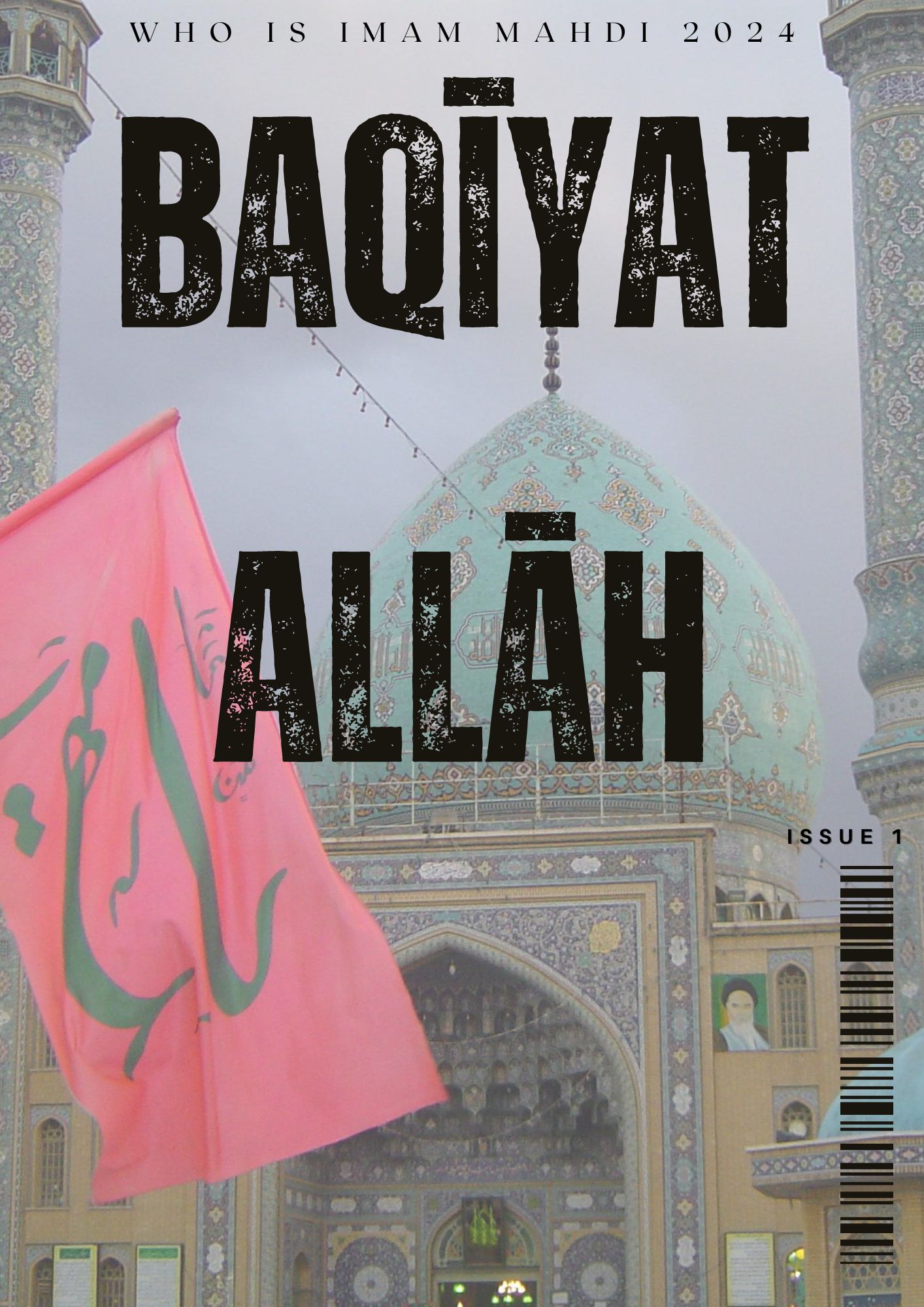Can one meet Hazrat Mahdi (a.t.f.s.) during the major concealment? If the answer is in the affirmative, then how does it reconcile with Hazrat’s ‘Tauqee’, wherein he addresses his last special envoy Ali-ibn-Muhammad Samori and says, ‘Anyone claiming to meet me prior to the rise of Sufyani and the heavenly cry is a liar and scandalmonger.
Undoubtedly, there exists the possibility of meeting Hazrat Mahdi (a.t.f.s.) during the major concealment. The best proof is the occurrence of such incidents in the length of history of the major concealment. The writings of scholars of Hadith , right from the oldest books till the current ones, are full of narrations about such meetings that have occurred during minor and major concealment period. The vital point lies here that whether such meetings and contacts occur as per our wish and intention, or the discretion lies with Hazrat Mahdi (a.t.f.s.)? Experience reveals as well as the sentence of Imam’s ‘Tauqee’ addressed to Ali-ibn-Muhammad Samiri showsRead More →

